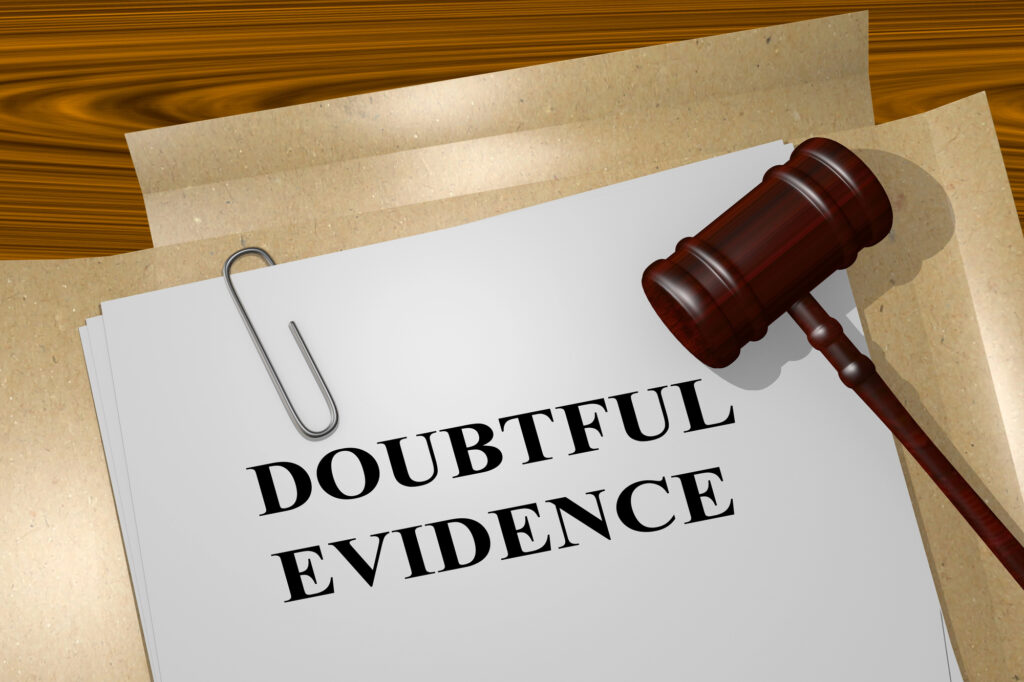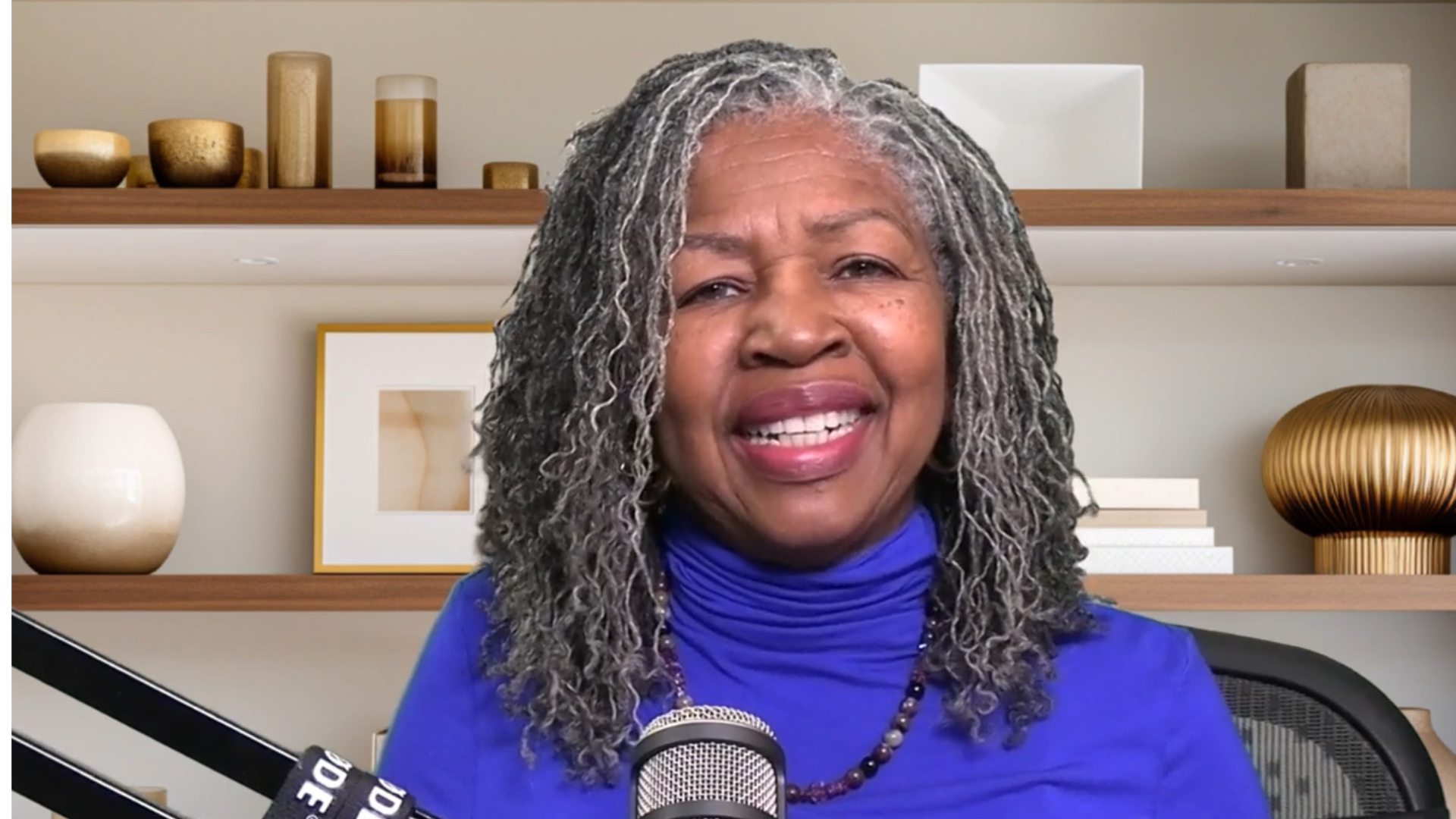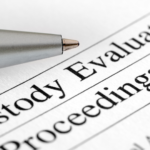Overview
When your co-parent files a motion claiming you’re using drugs—but it’s completely untrue—your world can feel like it’s crashing down. False drug accusations in custody cases are not just personally devastating; they threaten your relationship with your children and your reputation. Many parents facing these false allegations feel helpless and overwhelmed, unsure of how to defend themselves against claims designed to manipulate the court system. This guide will walk you through your legal rights, effective response strategies, and how family courts really view these types of claims.
Key Take Aways
- False drug accusations often backfire on the accusing parent when exposed in court
- Concrete evidence is critical—both to refute the claim and to protect your long-term credibility
- Courts take false claims seriously, especially when they recognize patterns of manipulation to influence custody outcomes
- Responding strategically rather than emotionally is essential to maintaining your parental rights.
Why False Accusations Happen in Child Custody Cases
Power and Control Tactics in High Conflict Cases
False drug allegations rarely emerge in isolation. Instead, they often represent an escalation in an already high-conflict custody situation. When one parent feels they’re losing control of the custody arrangement, they may resort to serious accusations as a way to regain the upper hand. These allegations provide immediate leverage because courts must investigate any claim that might affect child safety.
Furthermore, drug accusations are particularly effective weapons because they’re difficult to disprove instantly and often require immediate action from the court. This creates a power imbalance that some manipulative co-parents exploit deliberately.
Goal to Restrict Parenting Time Without A Legitimate Reason
Some parents make false drug accusations specifically to interfere with established parenting time. Because allegations of substance abuse raise immediate safety concerns, courts may temporarily restrict contact between the accused parent and their children while investigating the claims.
For instance, a parent who doesn’t want to comply with the regular visitation schedule might claim you appeared “high” at a recent exchange. This provides them with a seemingly legitimate reason to withhold the children until a court hearing, effectively circumventing custody orders without technically violating them.
Revenge, Jealousy and External Influences
Unfortunately, some false accusations stem from purely emotional motivations. A bitter ex-partner might make these allegations out of revenge, jealousy over a new relationship, or simple desire to cause harm. Additionally, new partners or family members sometimes encourage or even pressure a parent to make false claims, believing it will help “their side” gain advantage.
As a result, you may find yourself defending against accusations that have no basis in reality but are instead rooted in complex relational dynamics that have nothing to do with your parenting abilities or the children’s best interests.
How Courts Assess Drug Use Allegations
“Best Interest of Child” Framework Drives All Decisions
When evaluating drug accusations in custody cases, family courts always operate within the “best interest of the child” framework. This standard means judges must consider how any potential substance abuse might affect a child’s physical safety, emotional wellbeing, and stability. However, this same standard also protects parents from baseless allegations that would unnecessarily separate children from loving parents.
Additionally, courts recognize that maintaining meaningful relationships with both parents typically benefits children, provided there are no genuine safety concerns. Therefore, judges approach drug accusations with both caution and skepticism, seeking to protect children while also protecting parent-child bond.

Burden of Proof: Evidence Requirements
Courts require substantial evidence—not just verbal accusations—before restricting a parent’s rights based on alleged drug use. The burden of proof initially falls on the accusing parent, who must provide some credible basis for their concerns beyond simply making the claim.
Moreover, judges have seen countless false allegations in high-conflict cases and are increasingly aware of how these accusations can be weaponized. This awareness has led many courts to demand concrete evidence before taking drastic actions that affect custody arrangements.
Drug Testing Orders: When Courts Require Testing
Courts may order drug testing when there’s reasonable cause to believe substance abuse might be occurring. However, “reasonable cause” typically requires more than just one parent’s unsubstantiated claim. Judges look for specific, detailed allegations with some corroborating evidence or a history of verified substance issues.
For example, a judge might order testing if the accusing parent provides timestamped photos, third-party witness statements, or evidence of past substance abuse problems. However, vague claims like “they seemed high” or “I heard they use drugs” rarely meet this threshold without additional supporting evidence.
What To Do If You Are Falsely Accused
Maintain Composure and Strategic Focus
When facing false drug accusations, your first and most crucial step is maintaining emotional composure. Responding with anger, counteraccusations, or public confrontations only lends credibility to the false narrative and potentially damages your case. Instead, channel your energy into strategic, evidence-based responses.
Therefore, limit discussions about the allegations to your attorney and close support network. Avoid social media posts about the situation, heated text exchanges with your co-parent, or confrontations at child exchanges. These emotional reactions can be used against you, regardless of the falsehood of the original claims.
Build Your Evidence Portfolio
Document everything that helps demonstrate the falsity of the allegations. This includes creating a detailed timeline of events, gathering character reference letters from people who regularly interact with you and your children, and maintaining records of your professional responsibilities and commitments.
Additionally, you might consider obtaining evidence of the accusing parent’s motivations or history of making false allegations. Text messages, emails, or social media posts showing threats to “take the kids away” or expressions of wanting revenge can be powerful evidence that the accusations are weaponized rather than genuine concerns.
Voluntary Testing a Proactive Approach
In many cases, voluntarily submitting to drug testing before being court-ordered can be a powerful strategy. This proactive approach demonstrates confidence in your innocence and removes the accusation’s power. Consider requesting a comprehensive panel that tests for all substances your co-parent has mentioned, ensuring the facility uses proper chain-of-custody procedures that would make the results admissible in court.
Furthermore, establish a consistent testing schedule if the case is likely to continue for months. Regular clean tests over time create a compelling record that directly contradicts the accusations and builds credibility with the court.
Seeking Sanctions and Attorney’s Fees
When false allegations are made in bad faith, you may have grounds to request sanctions against the accusing parent. Family courts have the authority to order the parent who made false claims to pay your attorney’s fees and costs associated with defending against the accusations.
As a result, be sure your attorney documents all expenses related to defending against these false claims, including testing costs, court appearances specifically addressing these allegations, and any therapy your children need to process the disruption these accusations cause.
Long-Term Consequences for Parents Who Make False Accusations
Credibility Damage in Future Proceedings
Courts have long memories. A parent who makes demonstrably false accusations suffers significant damage to their credibility in all future proceedings. Judges are less likely to take their concerns seriously, even when legitimate issues arise later, creating a “cry wolf” effect that ultimately harms their position in court.
Moreover, this credibility damage extends beyond drug allegations to all aspects of the case. If a judge determines a parent has deliberately lied about drug use, they may question that parent’s truthfulness about other matters, including their accounts of parenting exchanges, communication problems, or the children’s needs and preferences.
Court Sanctions for Bad Faith Claims
Family courts increasingly recognize the harm caused by false allegations and may impose sanctions beyond attorney’s fees. These can include contempt of court charges, mandatory parenting classes, or even modifications to custody arrangements that reduce the false accuser’s parenting time or decision-making authority.
For instance, if the court determines a parent fabricated drug allegations specifically to interfere with the other parent’s relationship with the children, this behavior may be viewed as harmful to the children’s best interests—ironically resulting in custody modifications that favor the falsely accused parent.
Lorem ipsum dolor sit amet, consectetur adipiscing elit. Ut elit tellus, luctus nec ullamcorper mattis, pulvinar dapibus leo.
Parental Alienations Concerns and Custody Implications
Courts recognize that false accusations often represent a form of parental alienation—deliberate efforts to damage the relationship between children and the other parent. When judges identify this pattern, they take it extremely seriously because research consistently shows that alienation harms children’s emotional development.
Therefore, parents who make false accusations risk custody modifications based on their demonstrated unwillingness to support the children’s relationship with the other parent. In severe cases, this can result in significant reductions in parenting time or even supervised visitation for the parent engaging in alienating behaviors.
Final Thoughts
Facing false drug accusations in a custody battle is undeniably challenging, but responding with evidence, composure, and strategic legal action is the path to vindication. Remember that family courts ultimately want facts, not drama, and judges are increasingly skilled at identifying false allegations intended to manipulate custody outcomes. By maintaining your focus on your children’s wellbeing and presenting clear evidence that refutes the false claims, you protect both your parental rights and your children’s right to a healthy relationship with you.
For a deeper understanding of how courts evaluate evidence in these cases, I recommend reading our detailed article “Credibility Of Evidence In Child Custody Drug Testing.”“Credibility Of Evidence In Child Custody Drug Testing.” This companion piece explores what types of testing evidence courts find most reliable, common challenges to test results, and how judges weigh different forms of evidence when making custody determinations involving alleged substance use.
If you’re currently navigating false accusations in your custody case, consider seeking specialized legal guidance or family law coaching. The specific approach needed varies based on your jurisdiction, judge, and particular circumstances, making professional advice invaluable.
FAQ's
Can I sue my ex for making false drug accusations during our custody case?
How quickly will the court investigate drug accusations in custody cases?
Will one positive drug test cause me to lose custody of my children?
How can I prove that my ex is making false accusations as a pattern of behavior?
How to Change my Photo from Admin Dashboard?

About Esther
Esther C. Moore is a family law attorney with over 27 years of experience, including high-conflict child custody and divorce cases. As the CEO of All Rise Solutions, LLC, Esther provides coaching, online courses, and resources to help individuals navigate the legal system when dealing with complex family law matters, including mediation in high-conflict divorce. With a deep understanding of how narcissistic dynamics impact custody and divorce proceedings, Esther is committed to empowering individuals with the knowledge and tools they need to protect their rights.






